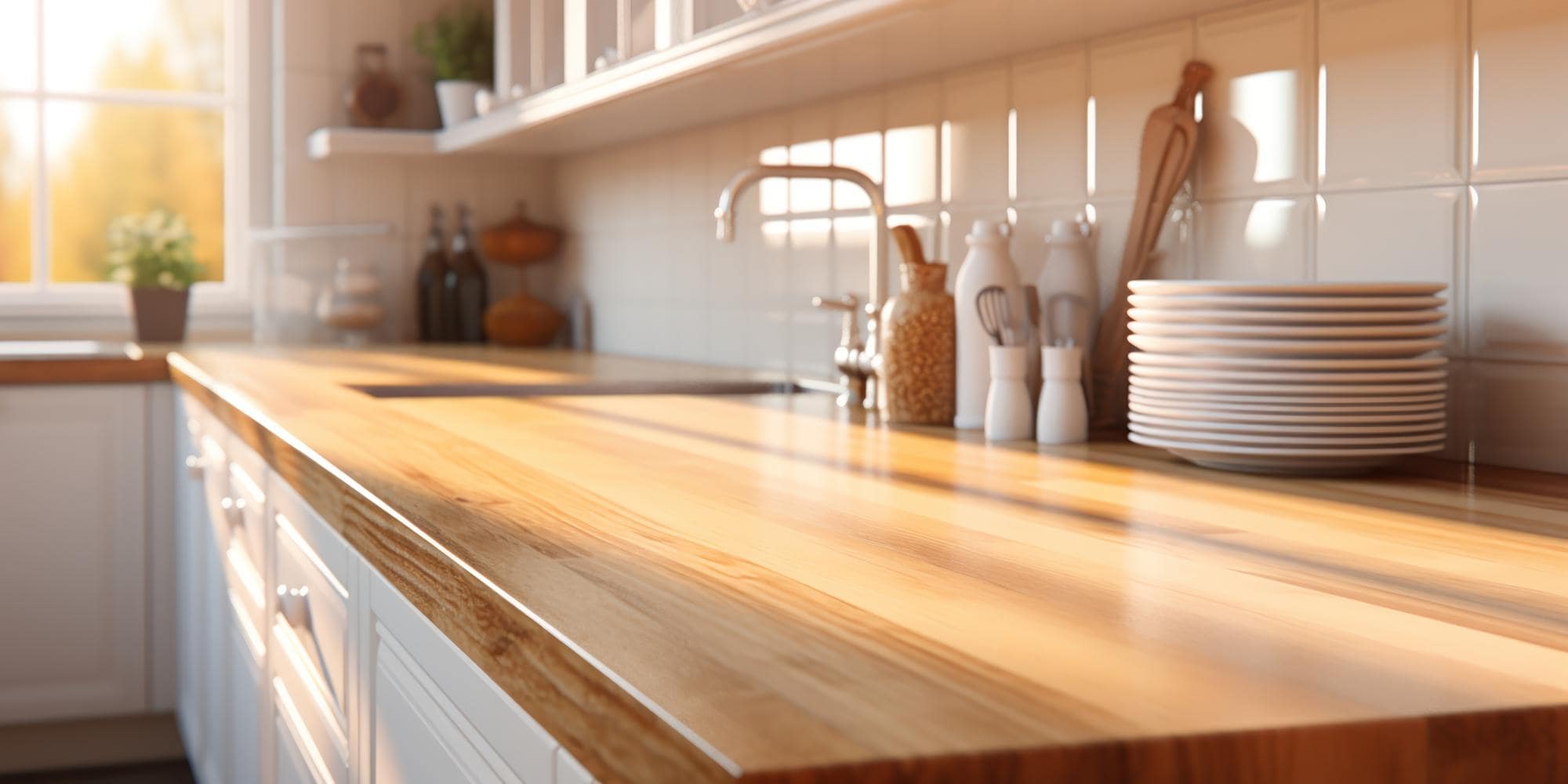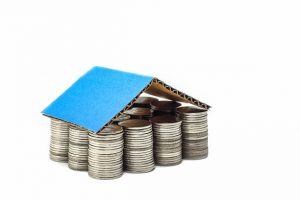8 Striking Appraisal Factors

A skilled appraiser considers factors beyond square footage, location, and bedroom-bathroom count to determine your home’s value. Being unaware of these aspects is akin to facing an unprepared test—you’ll face it regardless, but knowledge boosts your chances of a favourable outcome. Look into the lesser-known factors that might impact a home appraisal, ensuring you’re not caught off guard by a lower-than-expected valuation when selling time arrives.
1. Smooth Flow Matters
Appraisers recognize the current demand for open layouts in key living areas. Homes featuring interconnected kitchens and family rooms create an ideal environment for entertaining and socializing. The breezy, open flow enhances the sense of space and allows natural light to traverse seamlessly.
Often built before 1990, older homes may have closed-off layouts with partitions between main rooms, potentially ageing the property. However, if your house is newer, deviates from typical older layouts, or underwent remodeling to remove barriers, the open layout will work in your favor during the appraisal.
This advantage isn’t a one-time occurrence; a 2017 study revealed that homes with open floor plans appreciate 7.4% faster than their closed counterparts.
Don’t fret about the appraisal if your home currently has more doorways than open pathways. Consider leveraging the benefits of an open plan:
- Choose warm, sunny wall colors to create the illusion of light.
- Arrange furniture to encourage natural pathways and flow.
- Use mirrors or large art pieces to enhance the perception of space.
- Replace opaque window treatments with sheer alternatives and install floor-to-ceiling curtains for an airy feel.
While these adjustments won’t miraculously alter your floor plan, they can significantly enhance its modern appearance, leaving a positive impression on the appraiser. Preparing your home to showcase its best features will undoubtedly contribute to making a favorable impression.
2. Neighbor Nightmares
From a beat-up car in the neighbouring yard to blaring heavy metal music across the street, your neighbours’ issues become yours during a home appraisal. The Appraisal Institute notes that “bad neighbours can significantly reduce nearby property values,” encompassing problems like annoying pets, messy yards, unpleasant odours, loud music, hazardous trees, and poorly maintained exteriors.
Living near a house stacked with newspapers and junk mail can pose risks, especially in case of a fire. Nearby food waste might attract insects, vermin, and mould, negatively impacting your home appraisal. Statistics indicate that a neighbour’s unkempt property can lower your appraisal by over 5-10%.
Consider conversing with your neighbours about your upcoming home sale if this scenario rings true. If feasible, offer assistance in cleaning up the exterior. While it may not completely solve the problem, improving the neighbourhood’s appearance can help safeguard your appraisal.
3. Unpleasant Indoor Odors
While pets bring joy to our homes, their odours can diminish the house’s value. Often, we become “nose blind” to our home’s scent, making it challenging to detect issues like a lingering litter box smell. Even though the odor technically shouldn’t affect the appraisal results, the human appraiser may be impacted. Rushing the appraisal to escape unpleasant smells might cause the appraiser to overlook unique details, like an ornate tin ceiling in the living room. Lingering smells from mildew or cigarette smoke can deter buyers, prompting appraisers to reinvestigate the overall condition and potential repair needs.
4. Neglected Outbuildings
A flawlessly maintained home can face appraisal challenges if an accompanying shed, garage, or outbuilding needs attention. Appraisers scrutinize all structures on the property, and neglecting repairs on these additional buildings can disrupt an otherwise routine appraisal. Real estate agent John Fudge shared an example where a seller underestimated the shed’s importance during an appraisal, resulting in significant post-appraisal expenses. To avoid complications, address any necessary repairs to outbuildings before the appraiser arrives. While these structures may not significantly boost property value, their poor condition can negatively impact the appraisal or even halt a sale.
5. Deteriorating Mortar Signals Trouble
Real estate appraisers take structural issues seriously to assess a property’s long-term sustainability. Worn mortar, especially in the foundation or walls, raises concerns about potential water seepage. In cold climates, water infiltration can lead to severe damage when it freezes and expands, compromising mortar integrity. This damage, including cracking and crumbling, can impact your home appraisal.
If your home exhibits such signs, consider consulting a masonry specialist. Repointing or tuckpointing involves removing old mortar and refilling joints with fresh mortar, enhancing the appearance and structural integrity. This proactive approach ensures your home doesn’t raise red flags during the appraisal, and the cost (between $400 and $670) is considerably lower than complete brickwork repairs, averaging $1,353.
In a home appraisal, the assigned dollar values are derived by comparing your home to similar ones recently sold in the area, known as a Comparative Market Analysis (CMA). Elements like size, house type, room count, garage presence, and square footage factor into this comparison.
If the comparable values fall below the seller’s desired price, other considerations like the mentioned factors can influence the appraisal. Interior quality and improvements beyond similar homes can enhance value. However, ethical guidelines, including those from the Federal Reserve, prohibit appraisers from artificially inflating a home’s value to facilitate a buyer’s loan approval at the selling price.
6. Storage Capacity
The evaluation price of a property may be significantly influenced by its storage capacity. Having a significant amount of storage is a valuable characteristic that may enhance the perceived value of a property. Property owners generate more storage capacity by including built-in drawers, wardrobes, and shelving systems. A residence with enough room to accommodate their possessions raises the bar among potential buyers. Conversely, a residence with restricted storage capacity might diminish its worth since it can dissuade potential purchasers from submitting a bid. Hence, homeowners must consider the storage capacity of their residences while seeking to enhance their property’s value.
7. Tidiness and Odor
The state of cleanliness and odors in a home can significantly influence its assessed value. A dishevelled and malodorous home, filled with clutter, is unappealing to prospective buyers and may lower the property’s perceived value. Unpleasant smells, such as those from pets or cigarette smoke, can be particularly off-putting to potential buyers. Homeowners should strive to maintain a tidy, well-organized living space with neutral scents. Regular cleaning and upkeep guarantee that a home remains fresh-smelling and clutter-free. A well-maintained, organized home is more likely to attract interested buyers, ultimately boosting the home’s assessed value.
8. Driveway Distress

How to use ChatGPT to create irresistible property presentations that will help you close more deals
by Ivan RiverA bumpy driveway can affect your home appraisal, so consider outdoor improvements before selling. Assess neighbouring driveways for comparison. If your driveway shows cracks, potholes, or loose gravel amid smoother asphalt surroundings, it’s wise to invest in repairs before the appraisal. Addressing cracks and problematic spots within your budget is crucial. Avoid exceeding neighbourhood norms, but strategic touch-ups enhance your home’s value potential without overspending. Ensuring your home exterior looks well-maintained overall is critical for a favorable appraisal.
Engaging in a conversation with your real estate agent about the intricacies of a home appraisal is a wise move. Your agent, prioritizing your interests, can provide valuable insights into the appraisal process and offer tailored recommendations for your property. Discuss with them the specific factors influencing appraisals and seek guidance on optimizing your home’s appeal.
Your agent’s knowledge extends to the local market, enabling them to assess how your property stacks up against others in the neighborhood. By understanding local buyer preferences and market dynamics, your agent can provide valuable advice on positioning your home effectively.
While an appraisal may not be a traditional exam, your proactive approach, guided by your agent’s expertise, ensures you’re well-prepared for the evaluation. Collaborating with your real estate agent is crucial to maximize your property’s value and make informed decisions throughout the appraisal process.
Match for you
Sep 27, 2024
Selling your home without a Realtor in Texas is possible, but it’s a lot of work. While choosing the For Sale By Owner (FSBO) route can save you from paying a seller’s agent commission, you’ll still need to cover the buyer’s agent fee. You’ll be managing everything on your own from setting the price and […]
Sep 24, 2024
When you’re searching for a new home, you might come across properties in communities governed by a homeowners association (HOA). While some homeowners see HOAs as a way to maintain property values, others view them as restrictive something to consider if you’re planning to “sell my house fast for cash” or hoping to get a […]
Sep 18, 2024
Selling and Buying a Home at the Same Time can be a tricky situation to manage. Coordinating both transactions at the same time is often stressful, especially if you need the proceeds from your current home to fund the next purchase. In a perfect world, you’d be able to sell your current house and move […]
Match for you
How to use ChatGPT to create irresistible property presentations that will help you close more deals




